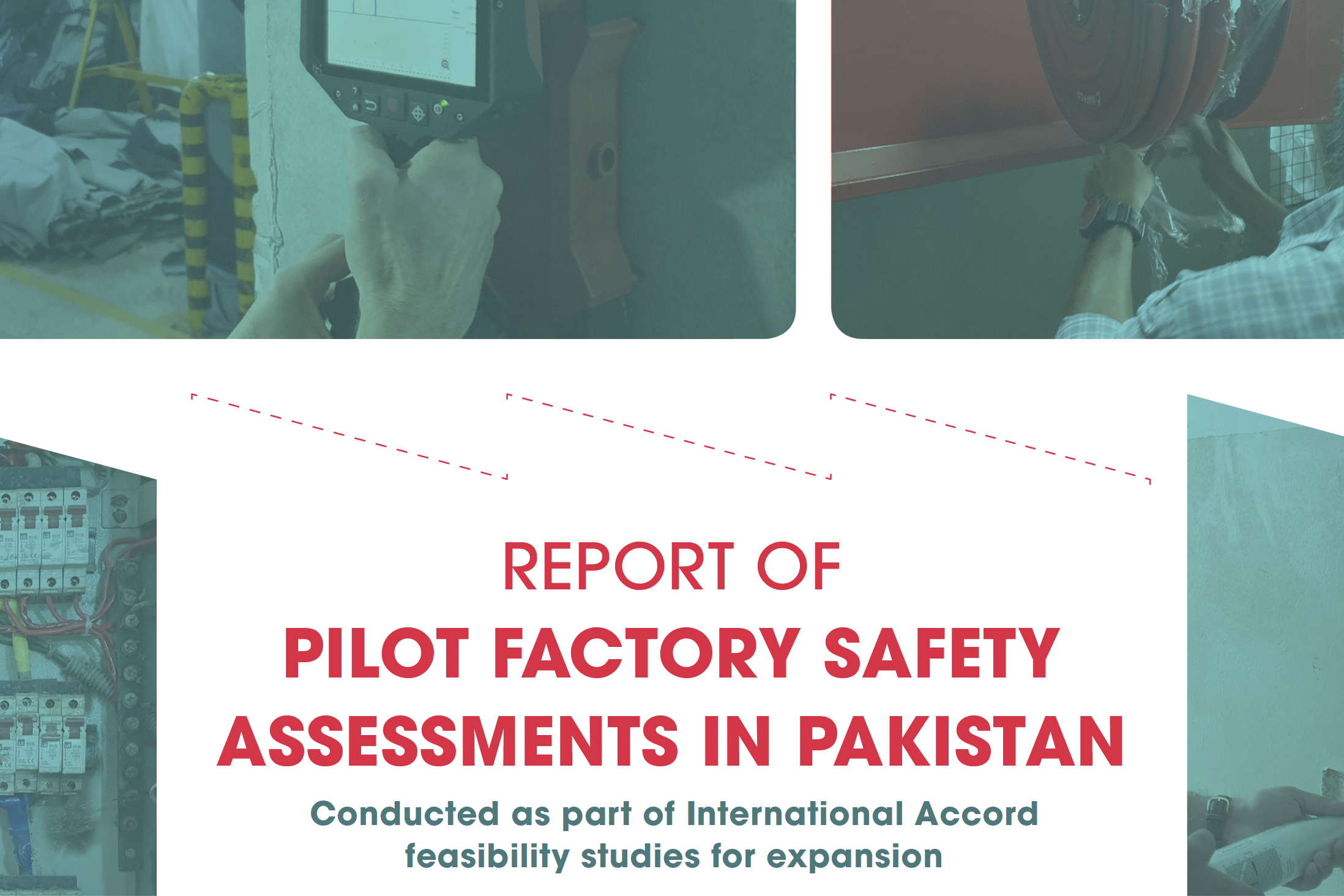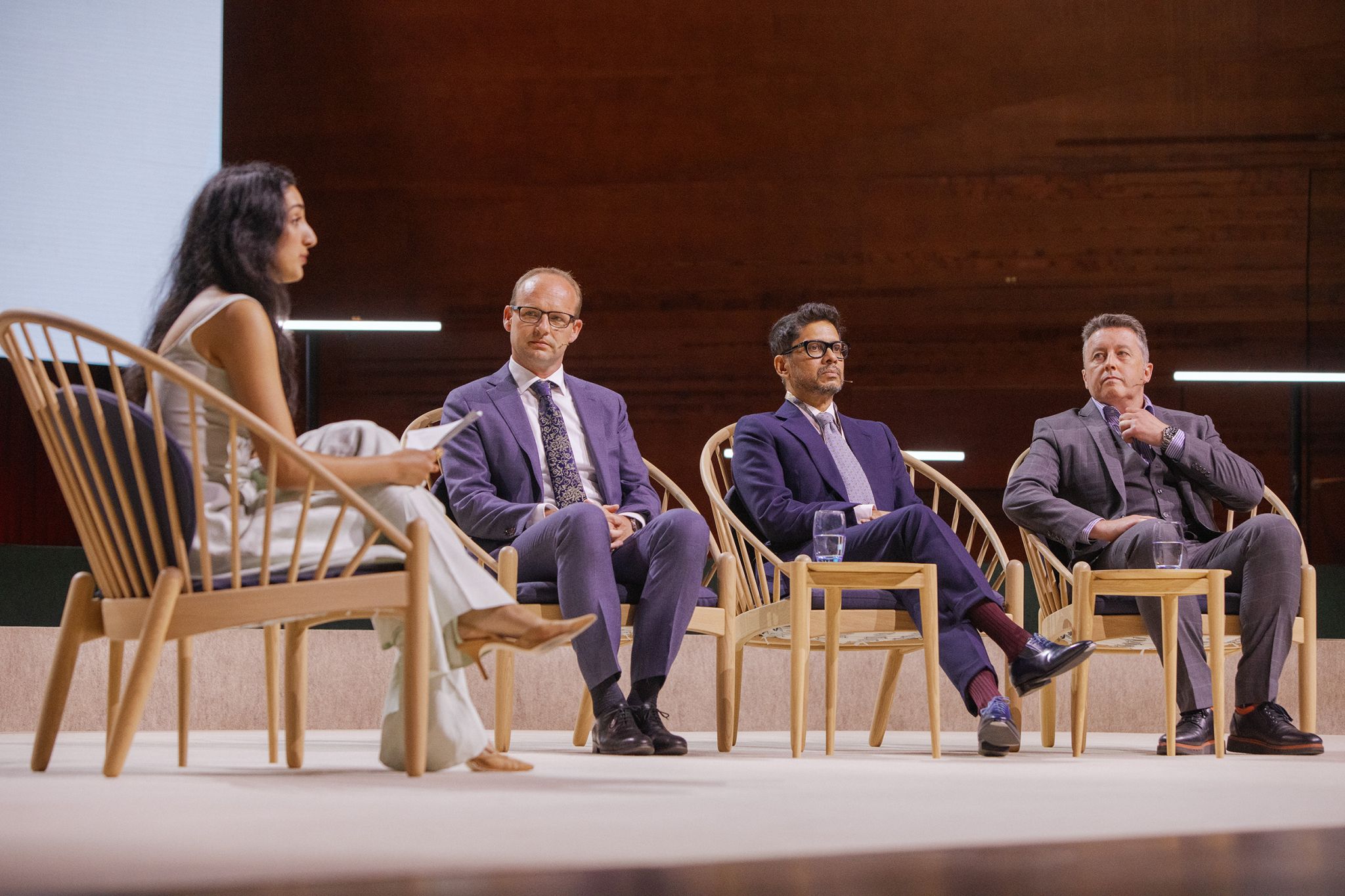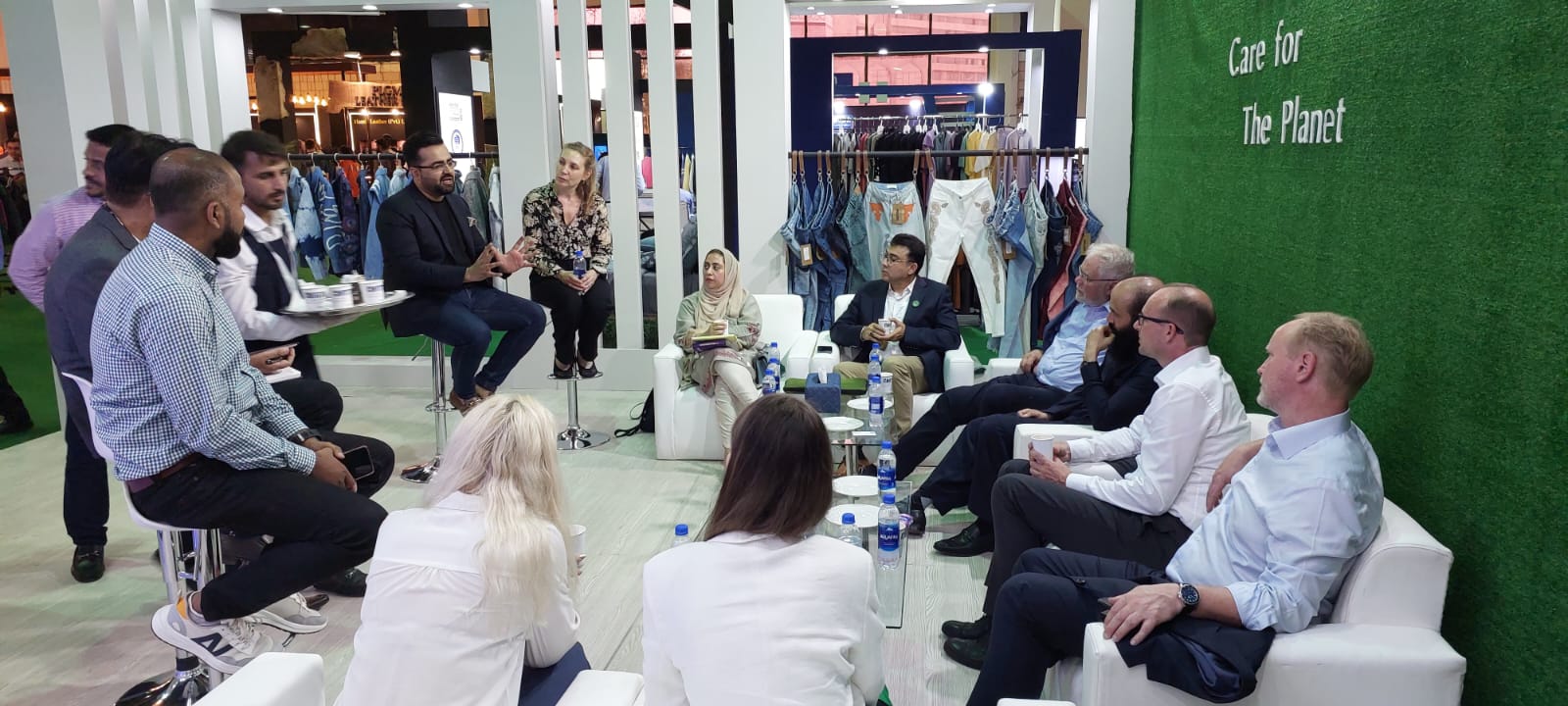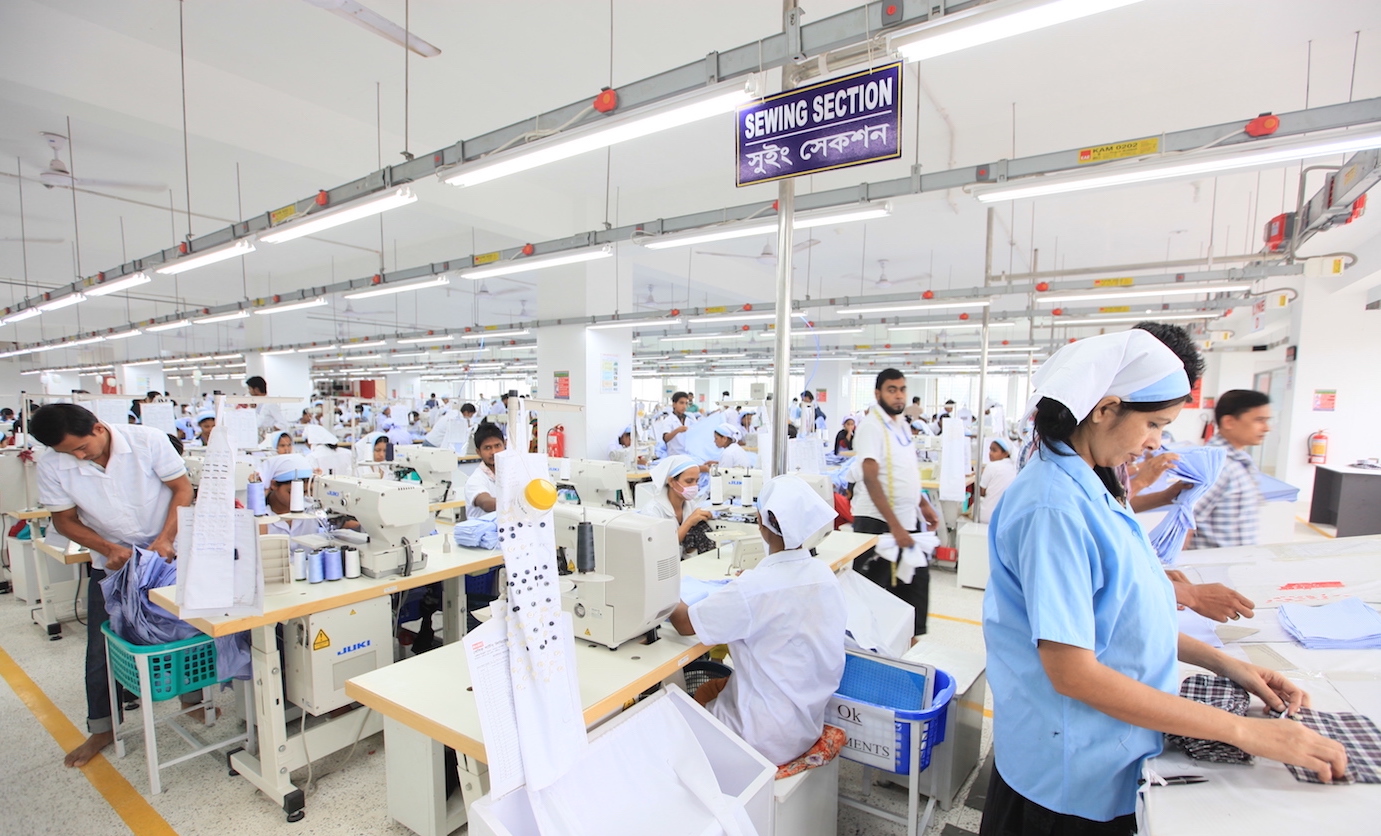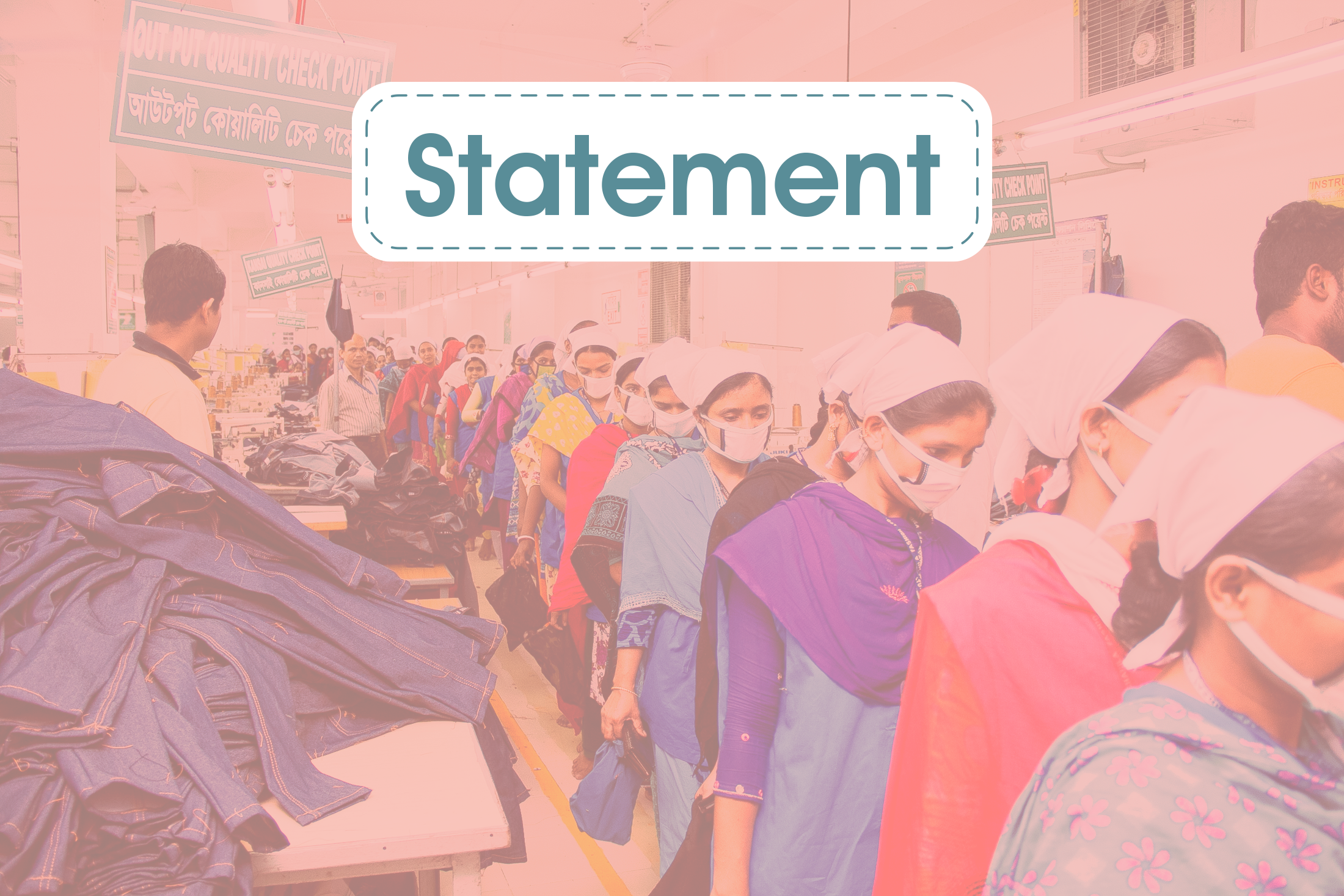Accord Steering Committee member brands affirm their commitment to Pakistan Accord
Updates

Accord Steering Committee member brands affirm their commitment to the workplace safety program in Pakistan, in close collaboration with their Pakistani suppliers and other stakeholders.
The International Accord for Health and Safety in the Textile and Garment Industry is an agreement between 190 global brands and retailers and 2 global union federations. Collectively, the Accord signatory brands source over $2.6 billion worth of garments and textiles from Pakistan. The undersigned brands, BESTSELLER, C&A, H&M, Inditex, Otto Group, and PVH Corp. represent Accord signatory brands on the Board of the International Accord.
Statement
The International Accord is preparing for continued engagement with Pakistani stakeholders in the coming weeks, as we take steps towards the establishment of a Pakistan Accord office and the commencement of programs.
We, together with our Accord brands’ colleagues, are committed to supporting our suppliers in meeting the highest safety standards. This includes efforts to establish local governance structures that ensure industry and local brand and union participation in decision-making in every phase of the program.
The International Accord aims to protect the health and safety of millions of workers while helping the industry achieve sustainable growth in exports. With the signing of the Pakistan Accord and our brands’ commitment to this new safety program, we are renewing our commitment to a long-term sourcing relationship with Pakistan.
The Pakistan Accord provides an opportunity both to increase the visibility of the efforts already made by many manufacturers to invest in fire and building safety measures in recent years and deepen and expand them throughout Pakistan’s garment and textile sector, making it an increasingly attractive option for buyers across the globe.
We encourage all brands around the world to sign the Pakistan Accord agreement and join us in our collective commitment to raise the safety standards at supplier factories in Pakistan.
Accord Steering Committee Member Brands,
BESTSELLER, C&A, H&M, Inditex, Otto Group, and PVH Corp.
Resources
Related updates
August 3, 2023
The Accord Secretariat has published the first list of suppliers covered under the Pakistan Accord comprising information on over 400 factories supplying 52 Pakistan Accord signatory brands.
July 11, 2023
The pilot safety assessments were initiated in September 2022 to inform the Accord's ongoing feasibility studies and establish an effective safety inspection and remediation program in Pakistan.
June 29, 2023
The Global Fashion Summit organised by the Global Fashion Agenda (GFA), was held from 27-28 June at the Copenhagen Concert Hall in Denmark.
June 13, 2023
A delegation of the International Accord Secretariat and Accord signatory brands had a fruitful visit to Pakistan from 23 May to 3 June 2023.
May 29, 2023
200 global brands and retailers have now signed the International Accord for Health and Safety in the Textile and Garment Industry since it took effect on September 1, 2021.
May 15, 2023
Ten years after the first Accord was signed, the Accord Secretariat reflects on the progress in worker safety in the past decade and our vision for the future.
Accord signatories form Human Rights Due Diligence Working Group
Updates
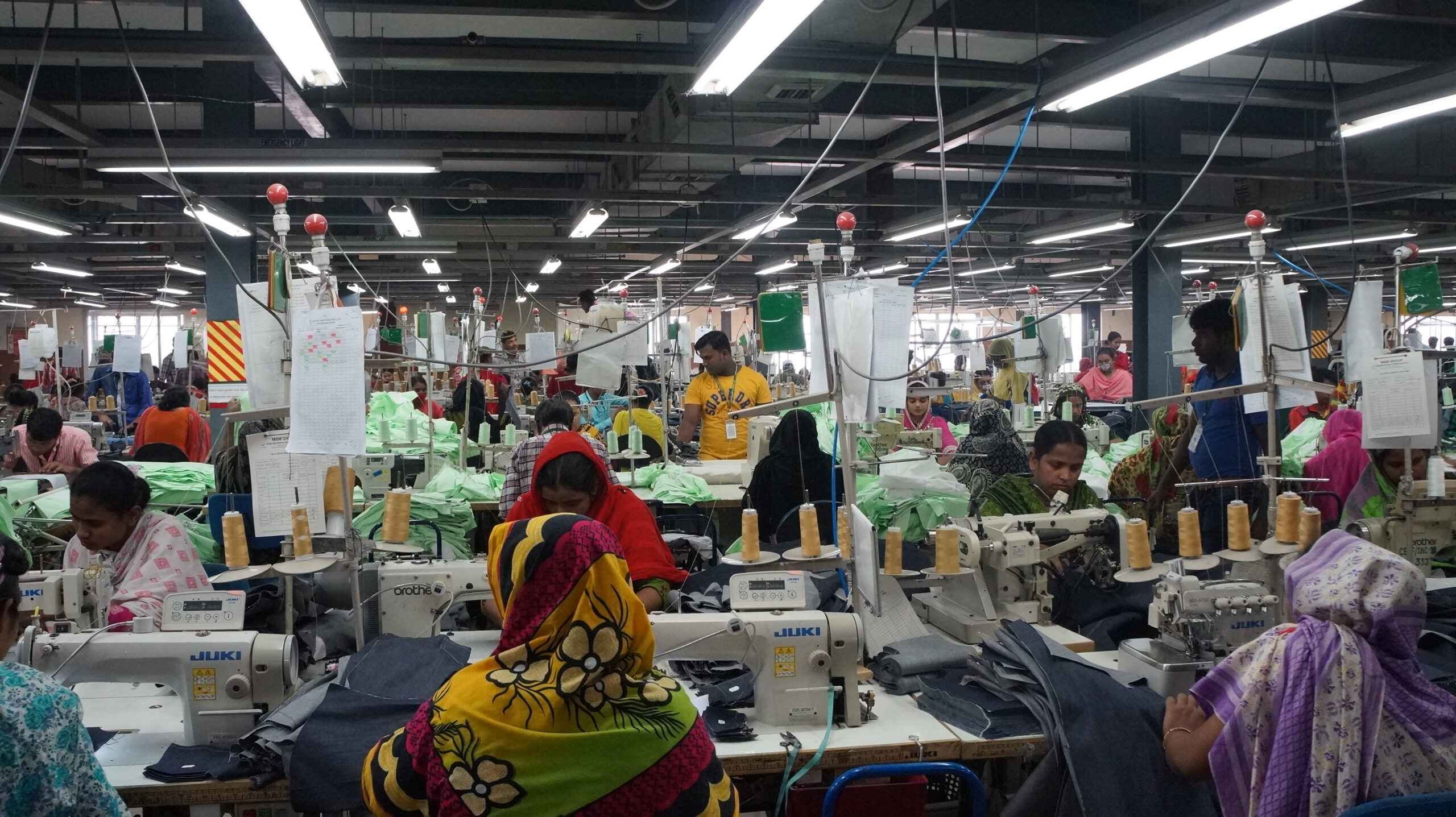
Update on ongoing feasibility studies
Update on ongoing feasibility studies
Article 40 of the International Accord provides that the parties to the agreement will explore the expansion of the scope to address human rights due diligence. To this end, the Steering Committee agreed to create a Working Group consisting of brands and trade union representatives that would be chaired by the Accord Secretariat.
The Human Rights Due Diligence Working Group held its first meeting on 9th September 2022 and worked on a survey to be shared with Accord signatories, trade unions, and NGOs. The survey was shared in November and its results are currently being discussed by the working group. A summary of the findings will be shared with all signatories and respondents in the coming months.
Related updates
August 3, 2023
The Accord Secretariat has published the first list of suppliers covered under the Pakistan Accord comprising information on over 400 factories supplying 52 Pakistan Accord signatory brands.
July 11, 2023
The pilot safety assessments were initiated in September 2022 to inform the Accord's ongoing feasibility studies and establish an effective safety inspection and remediation program in Pakistan.
June 29, 2023
The Global Fashion Summit organised by the Global Fashion Agenda (GFA), was held from 27-28 June at the Copenhagen Concert Hall in Denmark.
June 13, 2023
A delegation of the International Accord Secretariat and Accord signatory brands had a fruitful visit to Pakistan from 23 May to 3 June 2023.
May 29, 2023
200 global brands and retailers have now signed the International Accord for Health and Safety in the Textile and Garment Industry since it took effect on September 1, 2021.
May 15, 2023
Ten years after the first Accord was signed, the Accord Secretariat reflects on the progress in worker safety in the past decade and our vision for the future.
Agreement on new, expanded Accord
Updates
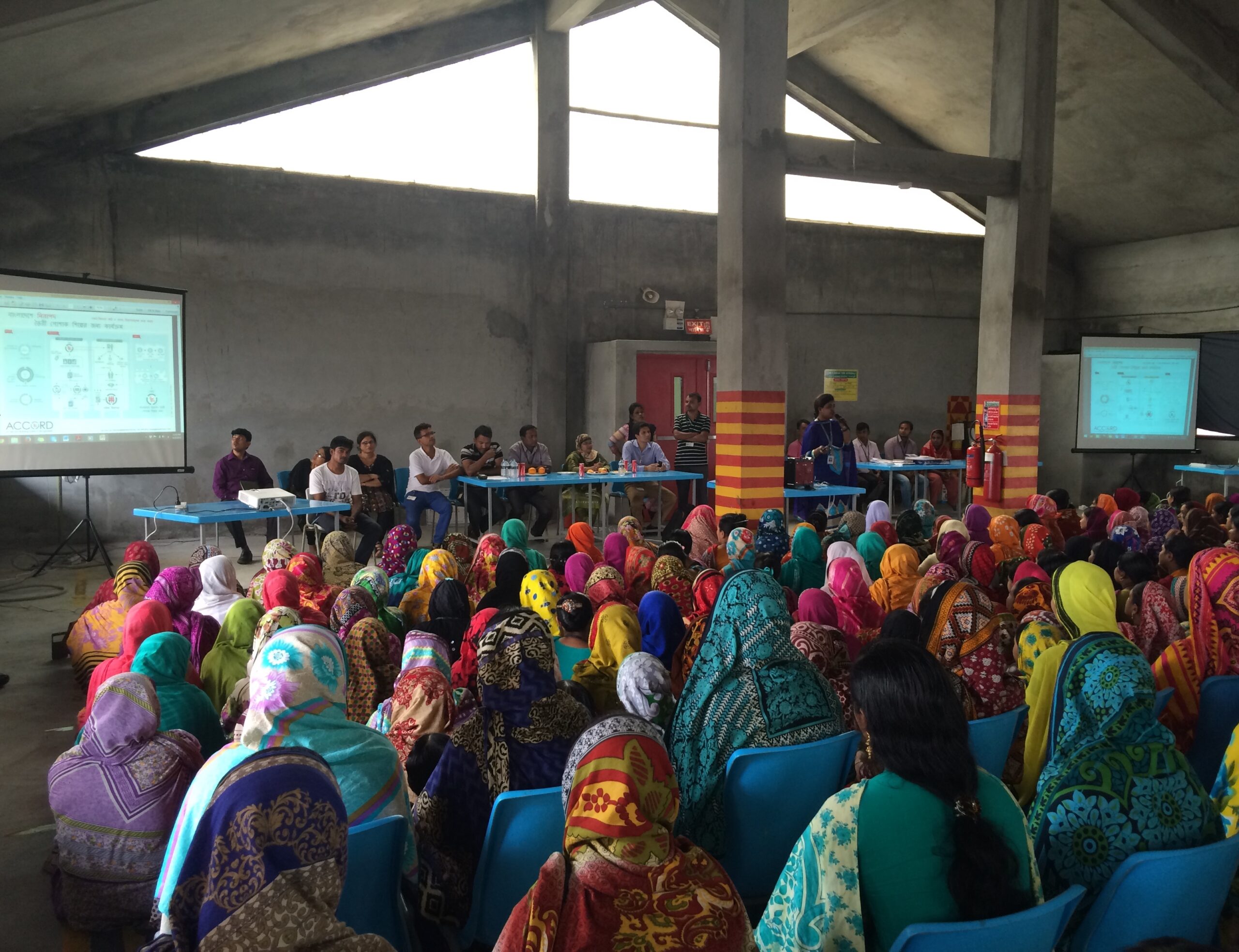
Building on the Bangladesh Accord’s progress, garment brands and global unions reach agreement on new, expanded worker safety pact.
Building on the Bangladesh Accord’s progress, garment brands and global unions reach agreement on new, expanded worker safety pact.
Press release
Amsterdam/Geneva, 25 August 2021
Negotiations between a representation of international textile retailers and the global trade union signatories to the former Accord on Fire and Building Safety in Bangladesh have resulted in an agreement that continues legally binding commitments to workplace safety in Bangladesh and promises to expand the program to other countries.
The new agreement called the International Accord for Health and Safety in the Textile and Garment Industry, takes effect on 1 September 2021.
Like its predecessor agreement, this is a legally binding agreement between companies and trade unions to make Ready-Made Garment (RMG) and textile factories safe. The renewed agreement advances the fundamental elements that made the Accord successful, including: respect for freedom of association, independent administration and implementation, a high level of transparency, provisions to ensure remediation is financially feasible, Safety Committee training and worker awareness program, and a credible, independent complaints mechanism. In Bangladesh, the agreement is already implemented by the independent national tri-partite RMG Sustainability Council (“RSC”) consisting of brands, unions and industry.
Key new features of the International Accord include:
- A commitment to focus on the health and safety program in Bangladesh, and on building a credible industry-wide compliance and accountability mechanism
- A commitment to expand the work of the International Accord based on feasibility studies
- An option to expand the scope of the agreement to address human rights due diligence
- An optional streamlined arbitration process to enforce the Accord’s terms
Starting today, the trade union signatories, IndustriALL Global Union and UNI Global Union, will join along with leading brands into this new agreement. On 1 September, the Accord will announce the first wave of brands and retailers that have signed the agreement.
The Accord encourages all garment and textile companies to sign this agreement and join our collective goal of safe and sustainable RMG and related industries.
For more information:
Joris Oldenziel, Deputy Director
Bangladesh Accord
joris.oldenziel@internationalaccord.org
Mobile: +31 614954430
Matthew Painter, Head of Communications
UNI Global Union
matthew.painter@uniglobalunion.org
Mobile: +41 79 682 3376
Petra Brannmark, Communications Director
IndustriALL Global Union
pbrannmark@industriall-union.org
Mobile: +41 79 198 69 13
Resources
Related updates
August 3, 2023
The Accord Secretariat has published the first list of suppliers covered under the Pakistan Accord comprising information on over 400 factories supplying 52 Pakistan Accord signatory brands.
July 11, 2023
The pilot safety assessments were initiated in September 2022 to inform the Accord's ongoing feasibility studies and establish an effective safety inspection and remediation program in Pakistan.
June 29, 2023
The Global Fashion Summit organised by the Global Fashion Agenda (GFA), was held from 27-28 June at the Copenhagen Concert Hall in Denmark.
June 13, 2023
A delegation of the International Accord Secretariat and Accord signatory brands had a fruitful visit to Pakistan from 23 May to 3 June 2023.
May 29, 2023
200 global brands and retailers have now signed the International Accord for Health and Safety in the Textile and Garment Industry since it took effect on September 1, 2021.
May 15, 2023
Ten years after the first Accord was signed, the Accord Secretariat reflects on the progress in worker safety in the past decade and our vision for the future.

